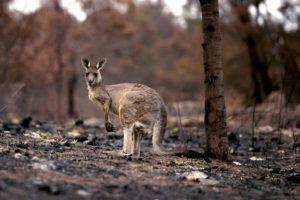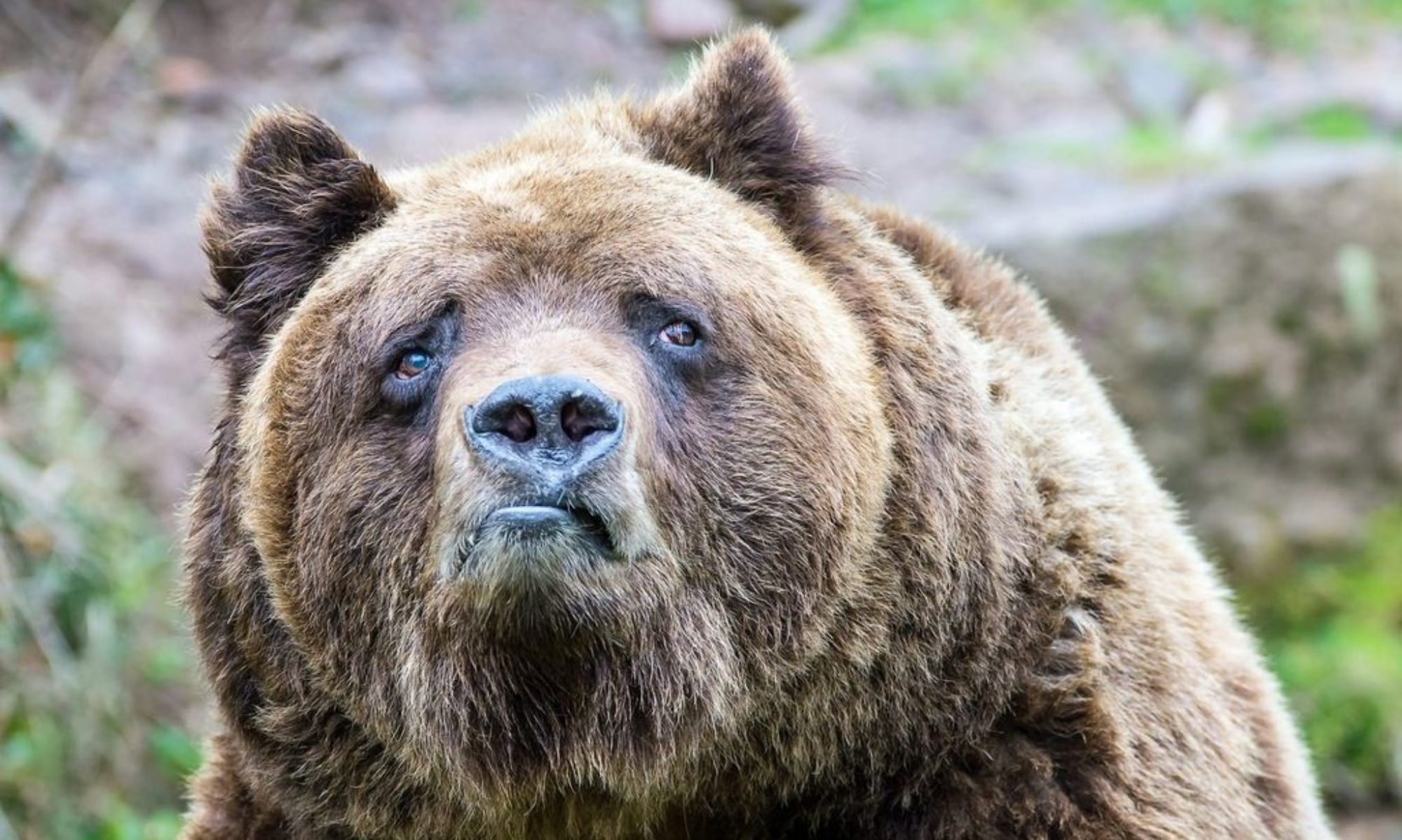
Overhunting can have numerous effects on human civilization, as well as the environment. One of the most substantial impacts of overhunting is the extinction of species. The extinction or endangerment of a specific species can cause the food chain and ecosystem in the specific region to be unbalanced, as all the species are interconnected. When a species is extinct or endangered, other animals are unable to prey and perish as a result of hunger. The World Wildlife Fund (WWF) has stated that overhunting accounts for 23% of all extinction that transpires throughout the world. Humans are unnecessarily overhunting certain species either for food supply or for other economic values.
Over-hunting can also directly affect the global climate, and can immensely worsen climate change. Tropical forests across the world hold more than 460 billion tonnes of carbon. Researchers have determined that if large mammals proceed to be overhunted, forests such as the Amazon rainforest can dissipate much of their carbon stock. Large-bodied mammals play a vital role during the process of dispersing out seeds of large trees that thrive in the Amazon rainforest. Mammals such as Tapirs are a crucial part of dispersing seeds in tropical rainforests. When tapirs are aggressively hunted, including large primates, tropical forests become less dense very rapidly. When over-hunting and deforestation work in synergy, several habitats, and abiotic factors can be destroyed, resulting in a mass killing of various types of species.
